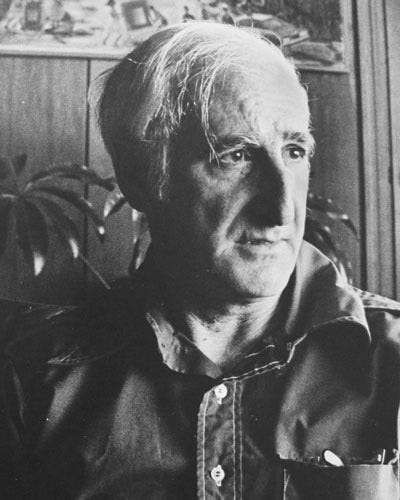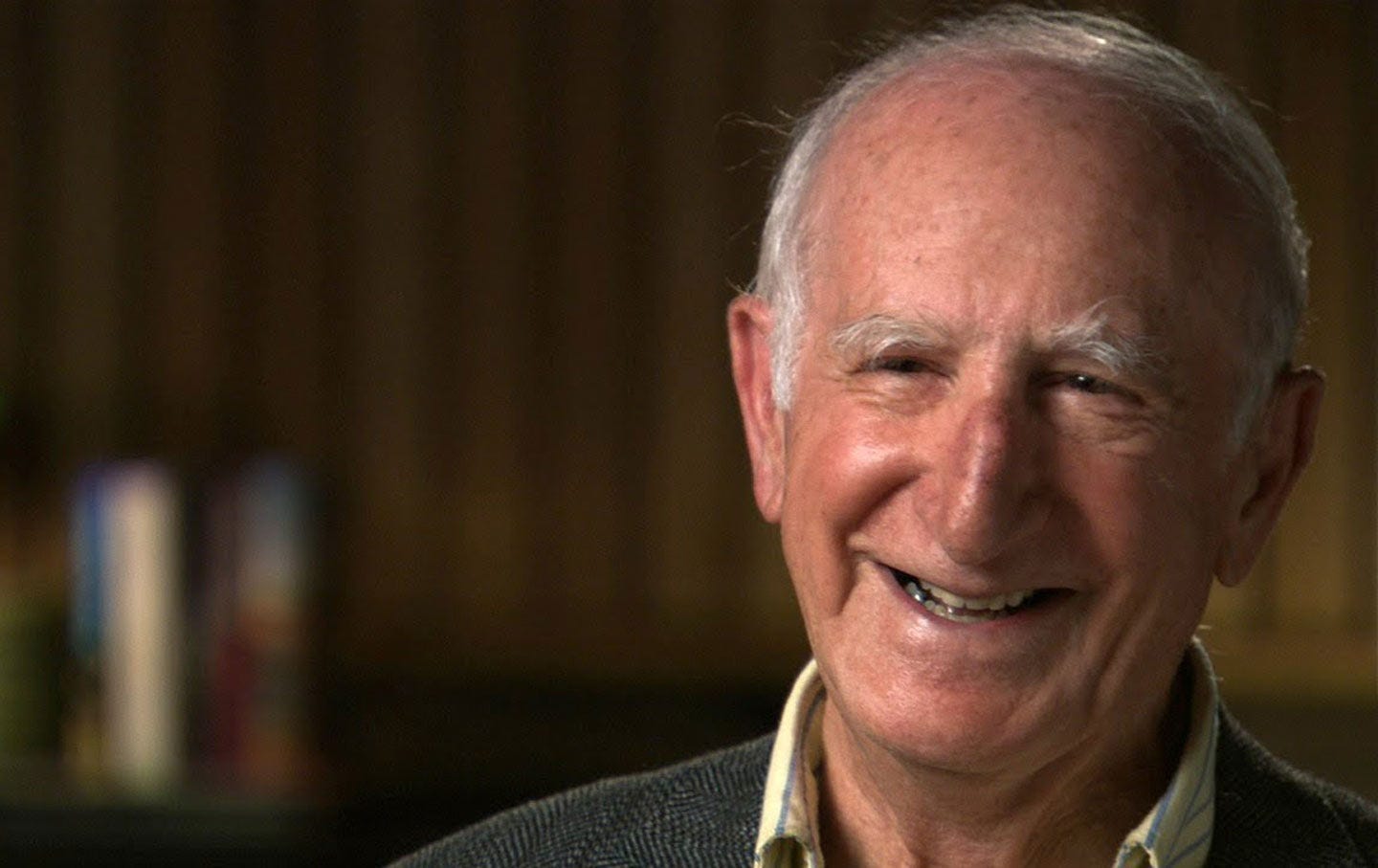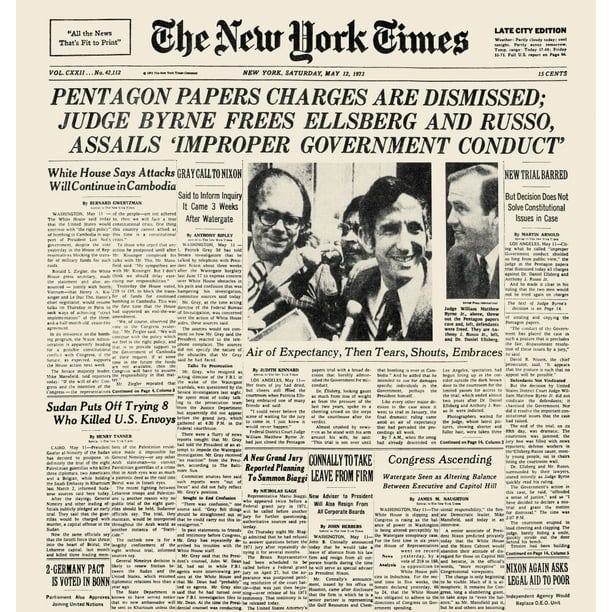Ben Bagdikian, a pivotal figure in American journalism, deserves recognition for his role in exposing governmental corruption and as an unsung hero of Armenian heritage. His legacy, while celebrated in the context of press freedom and the Pentagon Papers, is often overlooked in discussions of the profound contributions made by individuals of Armenian descent. Bagdikian's story represents the intersection of immigrant resilience, journalistic integrity, and the fight for transparency, making him an influential but underappreciated figure in the history of both American journalism and the Armenian diaspora.
Early Life and Armenian Heritage
Born in 1920 in Feres, Turkey, to Armenian parents, Ben Bagdikian’s early life was marked by hardship. His family, like so many other Armenians of the time, faced the scars of the Armenian Genocide, an atrocity that resulted in the deaths of an estimated 1.5 million Armenians. Bagdikian’s parents, survivors of this horrific chapter in history, immigrated to the United States to build a new life. Their past trauma would inform Bagdikian’s understanding of power, oppression, and the importance of speaking truth to authority, which would later shape his journalistic career.
Growing up in a working-class Armenian-American community in Providence, Rhode Island, Bagdikian’s formative experiences were steeped in the values of resilience, justice, and the pursuit of truth. These values, deeply rooted in his Armenian heritage, would guide his journalism career. The history of the Armenian people, having faced oppression and silencing for centuries, imbued Bagdikian with a sense of duty to challenge authority when it sought to manipulate or conceal the truth.
Journalistic Integrity and the Pentagon Papers
Bagdikian’s rise to prominence in American journalism was not easy, and his career was defined by a dedication to uncovering the truth, regardless of the risks. In 1971, while serving as the national editor for The Washington Post, Bagdikian was entrusted with a momentous task that would forever cement his legacy: to help publish the Pentagon Papers. These classified documents, leaked by Daniel Ellsberg, exposed the U.S. government’s misleading accounts of the Vietnam War, including the intentional concealment of the true extent of American involvement and the suffering caused by it.
Bagdikian’s role in the Pentagon Papers story was crucial. When Ellsberg contacted him with the documents, Bagdikian personally obtained and evaluated them. Despite the possibility of facing prosecution under the Espionage Act, Bagdikian helped The Washington Post make the ethical and bold decision to publish the contents of the papers. His actions challenged the Nixon administration’s efforts to suppress free speech and expose the American public to the realities of the Vietnam War. The publication of the Pentagon Papers was a landmark moment for the press, marking a victory for transparency and the First Amendment.
While many people recall the contributions of The Washington Post editor Ben Bradlee and journalist Katharine Graham, Bagdikian’s quiet yet decisive involvement is often overshadowed. As an Armenian-American, his courage in the face of adversity carries even greater weight, as it echoes the centuries-long fight for justice faced by his ancestors.
The Influence of Armenian Values on His Work
Ben Bagdikian’s Armenian heritage was a personal backdrop and a source of strength throughout his journalistic career. The trauma of the Armenian Genocide, passed down through generations, instilled in Bagdikian an unwavering commitment to revealing the truth and challenging the status quo. Armenians, as a people, have often been subject to the forces of erasure and denial, making the uncovering of hidden truths a deeply significant endeavor.
For Bagdikian, uncovering the truth about the Pentagon Papers was not merely a professional task but a moral imperative. The parallels between the silencing of the Armenian people during the Genocide and the U.S. government's attempts to suppress the truth about the Vietnam War were not lost on him. As an Armenian-American, Bagdikian understood the importance of speaking out against injustice, even when powerful forces sought to maintain control through secrecy.
Moreover, Bagdikian’s background as a member of the Armenian diaspora likely gave him a unique perspective on the power of the press as a tool for social change. His journalistic career spanned several decades, during which he saw firsthand how media could be used to perpetuate and challenge power systems. His decision to fight for the publication of the Pentagon Papers was not only an act of professional courage but also one rooted in a deep sense of justice, shaped by his Armenian heritage.
The Unsung Hero
Despite his monumental contribution to American journalism, Ben Bagdikian’s legacy remains less celebrated than many of his peers. His role in the Pentagon Papers scandal has often been overshadowed by other more prominent figures, and his Armenian background is frequently overlooked in broader discussions of his achievements. However, it is precisely this unsung aspect of his identity that makes him a true hero. Bagdikian's work was not just a matter of exposing government corruption; it was about preserving the integrity of the press and defending the public's right to know. His actions were motivated by a moral compass that reflected the values instilled in him by his Armenian upbringing.
Ben Bagdikian’s legacy as an unsung Armenian hero deserves to be acknowledged. His commitment to journalistic integrity, his courageous defense of freedom of the press, and his enduring connection to his Armenian roots make him a figure of great significance. While many people may not know his name, those who understand the history of the Armenian people and the importance of truth-telling in the face of oppression will recognize his profound contributions to the fight for justice. As we look back on his life and work, it is crucial to honor his role as a journalist and an unsung hero of the Armenian diaspora.






